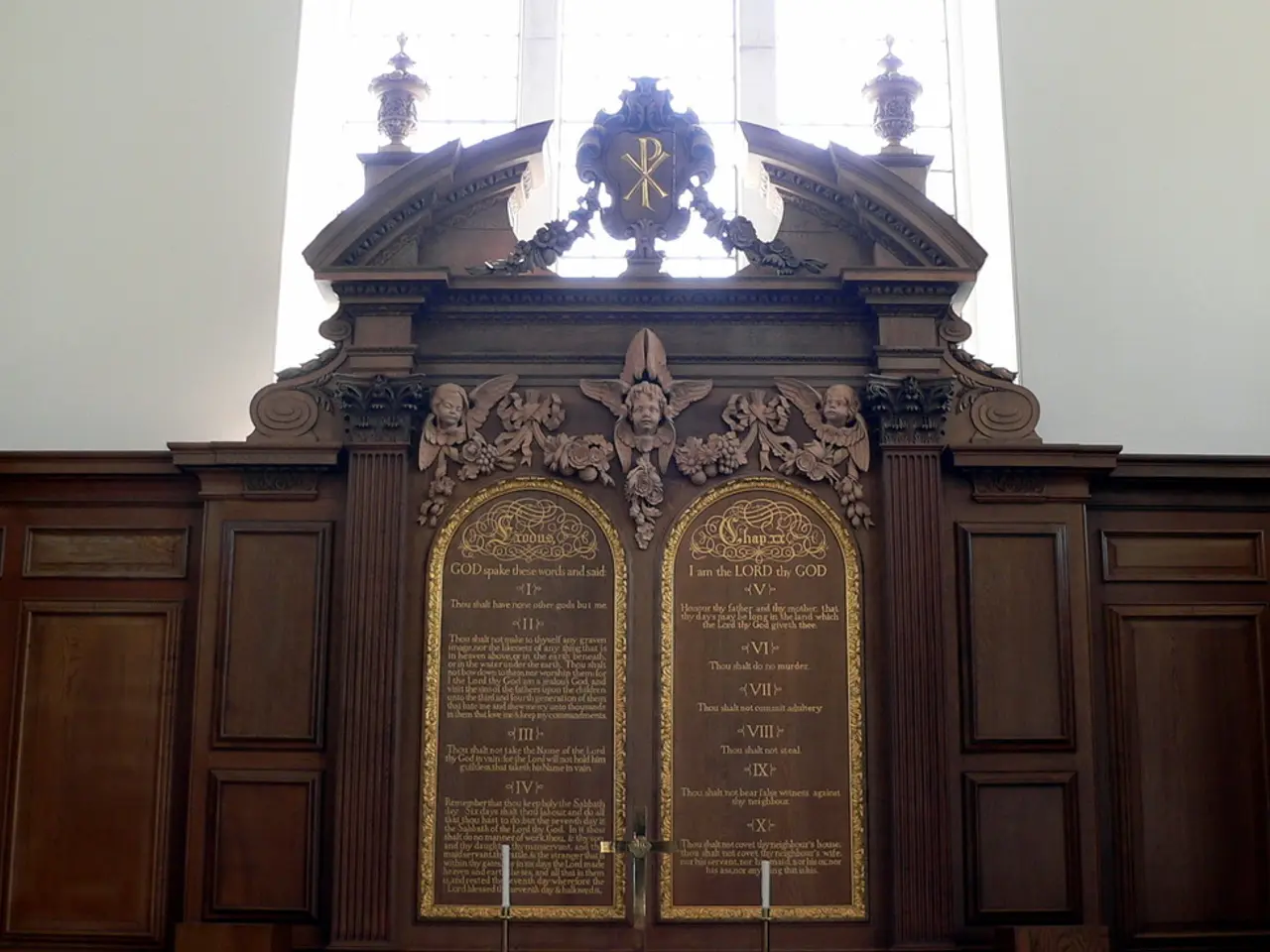A twelve-month review of the cultural devastation caused by conflict in Ukraine
In the face of the Russian invasion of Ukraine, which began on February 24, 2022, Olha Honchar, the director of Lviv's Territory of Terror Memorial Museum, sprang into action. Her mission: to protect Ukraine's rich cultural heritage.
Honchar established the Museum Crisis Center, an organisation dedicated to preserving Ukraine's buildings, sculptures, local artworks, and fine prints. The Centre's primary focus is on supporting local people, who are the custodians of unique knowledge essential for saving museums and exhibitions.
During the early stages of the war, the Centre's efforts were concentrated on financially and emotionally supporting museum workers of the Luhansk Oblast, the first region to be occupied. Honchar's first step was to provide financial support for museum workers in war zones to preserve collections.
The Centre is also creating an online archive that chronicles the lives of museum workers and their attempts to remember and restore their culture during times of war. This archive serves as a testament to their dedication to museum restoration and their radical change in line of work.
In addition, the Centre encourages individuals evacuating war zones to take art works with them to safety if possible. It is re-documenting destroyed artifacts to preserve and communicate collective experiences.
The Centre plans to create online versions of existing museums using 3D scans of Ukraine's artifacts, sculptures, and works of art. This initiative aims to make exhibitions and permanent collections accessible to a wider audience, ensuring that Ukraine's cultural heritage is not lost even in the midst of war.
The Centre's work is not limited to Ukraine. It is also supporting museum workers across the globe who are facing similar challenges. For instance, at least 40 museums have been "affected" by war across Syrian territories, according to UNESCO. More than 10% of the historic buildings of Aleppo, Syria, have been demolished. Out of the four sites currently on the UNESCO World Heritage List in Iraq, including Ashur, Hatra, Samarra, and Erbil Citadel, the first three are considered to be in danger.
The United Nations Educational, Scientific and Cultural Organization has verified damage to 240 sites in Ukraine, including 105 religious sites, 18 museums, 86 buildings of historical and artistic interest, 19 monuments, and 12 libraries. Honchar's efforts extended to providing financial support for gas, food, medicine, and water to individuals and communities unable to evacuate high-risk areas.
However, there is no publicly available information about specific museums that were supported by the Museum Crisis Center and were affected by Russian attacks. The Luhansk Regional Museum of Local History's artifacts were formally gained by Russia in September 2022, after Vladimir Putin signed a decree of annexation.
Despite these challenges, Honchar believes that cultural preservation protocols must be amended to accurately respond to the dangers of contemporary warfare. The Museum Crisis Center continues its mission, striving to protect and preserve cultural heritage for future generations.
Read also:
- Lu Shiow-yen's Challenging Position as Chair of the Chinese Nationalist Party (KMT) Under Scrutiny in Donovan's Analysis
- Leading Africans Shaping Worldwide Positions by 2025
- Federalist Society Deserves Appreciation from Trump for Influence on Judiciary
- EU Set to Make Decisions Regarding Georgia's Future








